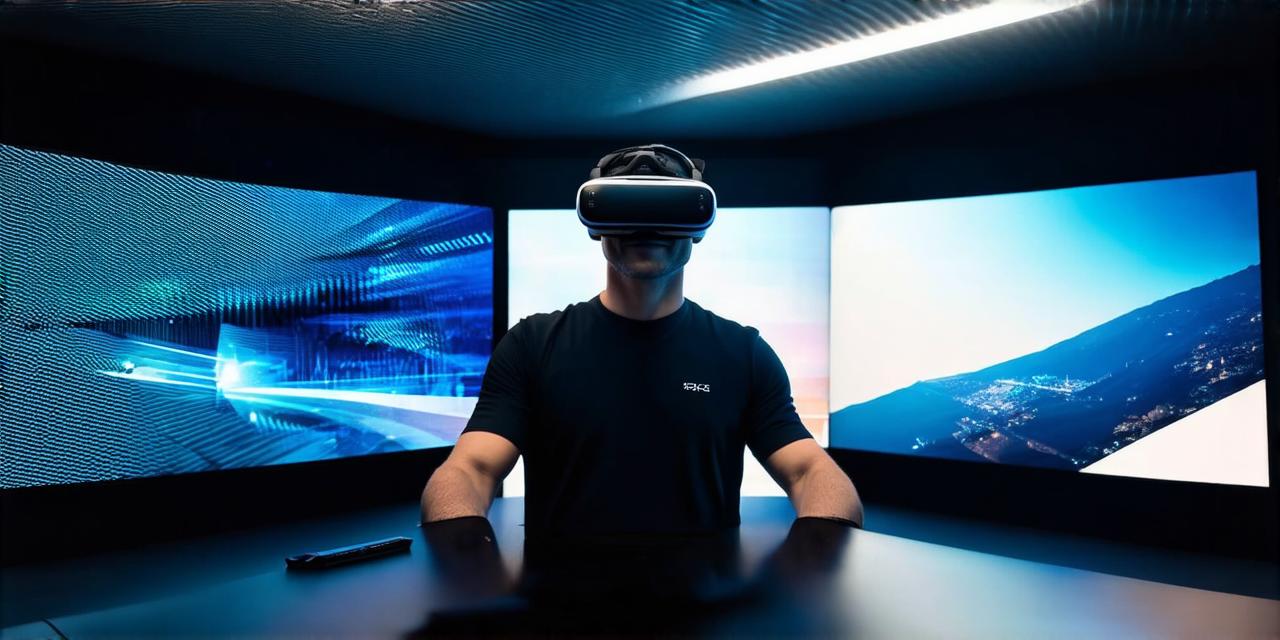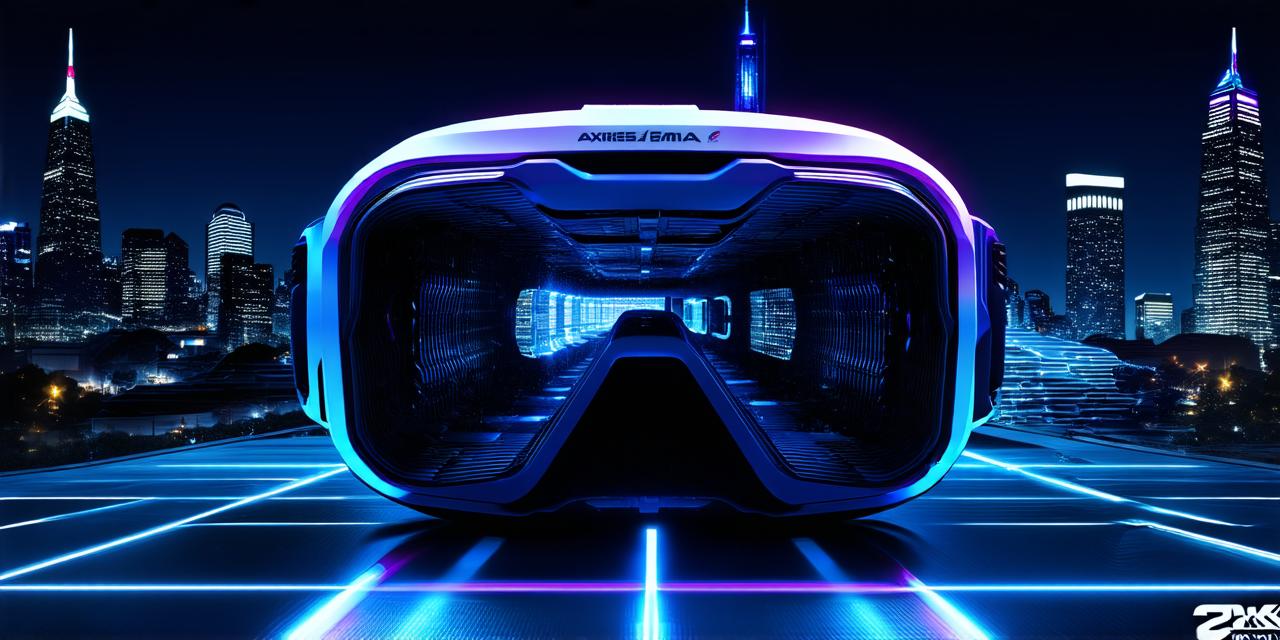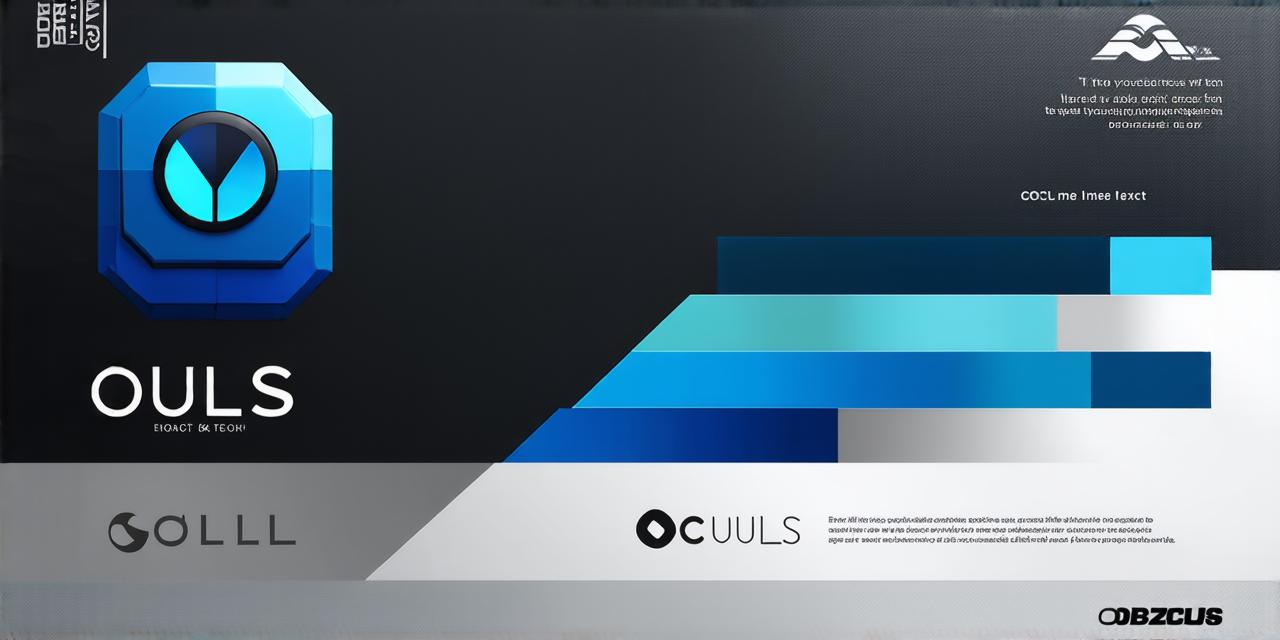
Who bought VR?
Virtual reality (VR) has been a hot topic in recent years, with many companies and individuals investing in this emerging technology. However, some may be wondering who exactly is buying VR and why. In this article, we will take a closer look at the market for VR and explore the key players and trends driving its adoption.
Table of Contents
ToggleKey Players in the VR Market
One of the most well-known companies in the VR space is Oculus. Founded by Facebook CEO Mark Zuckerberg, Oculus has been at the forefront of VR development since its launch in 2013. Other major players in the market include HTC, Samsung, and Sony. These companies offer a range of VR hardware and software solutions for consumers, businesses, and developers alike.
Trends Driving VR Adoption
There are several key trends driving VR adoption, including gaming, education, healthcare, and enterprise. Gaming is perhaps the most well-known application of VR, with many popular games now available in this format. However, VR is also being used in education to create immersive learning experiences, such as virtual field trips and simulations.
In healthcare, VR is being used for a range of applications, including pain management and physical therapy. It can also be used for surgical training and medical research. In the enterprise space, VR is being used for training employees, designing products, and even holding meetings in virtual environments.

Market Growth and Projections
The market for VR is growing rapidly, with sales projected to reach $107 billion by 2024. This growth is driven by increasing demand from consumers, as well as the development of new and innovative uses for VR technology. Additionally, advancements in hardware and software have made VR more accessible and affordable than ever before.
Overall, the market for VR is still in its early stages, but it is clear that this technology has significant potential to revolutionize a wide range of industries. As adoption continues to grow, we can expect to see even more exciting developments and applications of VR in the future.

